Depressed? 7 Non-Drug Options That Work
Posted on September 15, 2014 by Debra Burdick
If you are like most people there have been times in your life when you felt down, sad, and depressed. Typically this feeling is short lived and passes pretty quickly. But when it doesn’t go away and hangs around for too long, then you may be dealing with an episode of major depression.
 Major depression is a mood disorder characterized by a depressed mood and/or loss of pleasure in activities nearly every day for at least two weeks. It can be acute or chronic.
Major depression is a mood disorder characterized by a depressed mood and/or loss of pleasure in activities nearly every day for at least two weeks. It can be acute or chronic.
The major symptoms of depression are: Five (or more) of the following symptoms have been present during the same 2-week period and represent a change from previous functioning; at least one of the symptoms is either
- depressed mood or
- loss of interest or pleasure.
- Depressed mood most of the day, nearly every day Note: In children and adolescents, can be irritable mood.
- Markedly diminished interest or pleasure in all, or almost all, activities most of the day, nearly every day
- Significant weight loss when not dieting or weight gain or decrease or increase in appetite nearly every day. Note: In children, consider failure to make expected weight gains.
- Insomnia or Hypersomnia nearly every day
- Psychomotor agitation or retardation nearly every day
- Fatigue or loss of energy nearly every day
- Feelings of worthlessness or excessive or inappropriate guilt nearly every day
- Diminished ability to think or concentrate, or indecisiveness, nearly every day
- Recurrent thoughts of death, recurrent suicidal ideation without a specific plan, or a suicide attempt or a specific plan for committing suicide
You can find a symptom checklist on my website at: https://thebrainlady.com/wp-content/uploads/2012/06/Depression-Symptom-Checklist.pdf
Anti-depressant medications have long been the most common, standard treatment for depression. Although medications can be life-saving and help a severely depressed person get back on their feet, they are not the only, nor often the optimum, solution. They do not always work and often cause intolerable side effects. They treat the symptom but not the cause and must be taken continuously to gain the benefits.
The field of neuroscience and neuro-imaging techniques have greatly advanced our understanding of the brain and what happens in the brain when someone feels depressed. We now know what the brainwave patterns tend to look like when someone is suffering from depression. And the concept of neuroplasticity-the brain’s ability to change-helps us understand how we can teach the brain to change in positive ways.
Hebb’s axiom states that neurons that fire together wire together. This basically means that the more depressed we feel and the more negative thoughts we think, the more depressed we will feel and the more negative thoughts we will think. By repeatedly thinking negative thoughts we teach the brain to get really good at generating negative thoughts to the point where we have a steady stream of thoughts that feel bad. Thus the depressed mood gets reinforced.
Use the following 7 options for re-wiring your brain when you feel depressed. Try them all and do them again and again to teach your brain new patterns.
1. Nurture Yourself. When you feel depressed take some time to take care of yourself. Depression can be a sign that you are overwhelmed, exhausted, stressed-out, ill, or that you are dealing with a loss or trauma. This is the perfect time to step back from your life and take a break. Give yourself time to rest and rejuvenate. Just telling yourself to ‘get over it’ or ignoring depression rarely, if ever, works. Take it seriously.
Go within and listen. What do you need? Perhaps a massage might feel really good and would help you de-stress and relax. A warm bath, a good book, a long walk, your favorite food, playing with your child, visiting your grandchildren, watching a good movie. Write down 10 things that you could do that would be self-nurturing and then spend some time doing them.
 2. Get Some Exercise. Studies repeatedly confirm that walking for 30 minutes 4-5 times per week can be as effective as medication in relieving depression. No need to do anything intense. Simply walking regularly gives the brain increased blood flow, reduces stress hormones, and improves mood. Finding a walking partner can increase the likelihood that you will follow through on a consistent walking regimen. Get moving even when it’s the last thing you feel like doing. Pay attention to how much better you feel when you get done.
2. Get Some Exercise. Studies repeatedly confirm that walking for 30 minutes 4-5 times per week can be as effective as medication in relieving depression. No need to do anything intense. Simply walking regularly gives the brain increased blood flow, reduces stress hormones, and improves mood. Finding a walking partner can increase the likelihood that you will follow through on a consistent walking regimen. Get moving even when it’s the last thing you feel like doing. Pay attention to how much better you feel when you get done.
3. Change the Channel. When you have a steady stream of negative thoughts and feelings, it’s as if you are watching your “depression” channel. Make a list of 2-3 things that feel good when you think about them. When you notice you are watching your “depression” channel, simply imagine you are picking up you remote control and changing the channel to watch your happy channel with something on it from your list that feels good.
 Changing the channel is a great way to effectively replace negative thoughts with thoughts that feel better. Do this over and over again to re-wire the brain in patterns that feel better.
Changing the channel is a great way to effectively replace negative thoughts with thoughts that feel better. Do this over and over again to re-wire the brain in patterns that feel better.
For more detail on this process read https://thebrainlady.com/articles/stop-watching-the-worry-channel/ Simply replace the word ‘anxiety’ in that article with ‘depression’ as the process is the same for both.
4. Look for Underlying Causes/Triggers for Depression. Is there something that has happened or is going on in your life that is causing you to feel depressed? Can you identify an external cause? Is it simply biologically based?
In most cases, there is no single cause. Instead, combination of things may contribute to depression — your genes, life experiences, your current circumstances, and other risk factors. Here are some of the things that can play a role in depression:
- Biology: changes in the levels of certain chemicals and brainwave patterns in the brain.
- Genetics: depression tends to run in families.
- Gender: women are about twice as likely as men to become depressed
- Age: the elderly are at higher risk of depression.
- Health conditions: illness raises your risk of becoming depressed.
- Changes and stressful events: both negative and positive changes can trigger depression.
- Trauma and grief: Trauma, such as violence or physical or emotional abuse can trigger depression. Grief after the death of a friend or loved one can sometimes lead to clinical depression.
- Medications and substances. Many prescription drugs as well as alcohol and substance abuse can cause symptoms of depression.
Sometimes depression can occur for no identifiable reason but working with a good psychotherapist and you primary care physician can be very helpful in uncovering some of these causes. Understanding why the depression is occurring can be a great first step in feeling better. Many times there is some change needed in your life or perception of your life that will help you move out of depression. Make a list of possible causes for your depression.
 5. Meditation. Studies show that engaging in a regular meditation practice improves depression. Simply by spending 15 minutes daily going within, quieting your mind, paying attention to your breath, and bringing your attention back to your breath when it wanders, you can re-wire your brain. The majority of the programs running in our brain are based on our past experiences and are below our level of consciousness. Meditation allows us to let go of our analytic mind for a short time and gives us access to our subconscious mind. During the meditation, imagine how you will feel when you are no longer depressed for example: lighter, free, happy, focused, energized, motivated, enthused. Spend some time in that feeling every day. Here are two great resources to help you get started:
5. Meditation. Studies show that engaging in a regular meditation practice improves depression. Simply by spending 15 minutes daily going within, quieting your mind, paying attention to your breath, and bringing your attention back to your breath when it wanders, you can re-wire your brain. The majority of the programs running in our brain are based on our past experiences and are below our level of consciousness. Meditation allows us to let go of our analytic mind for a short time and gives us access to our subconscious mind. During the meditation, imagine how you will feel when you are no longer depressed for example: lighter, free, happy, focused, energized, motivated, enthused. Spend some time in that feeling every day. Here are two great resources to help you get started:
https://thebrainlady.com/products/cds/mindfulness-toolkit-cd/
https://thebrainlady.com/mindfulness/
6. Neurofeedback. Neurofeedback is a form of biofeedback on brainwaves. After doing a full assessment to identify areas of the brain that may be out of norm, sensors are places on the scalp which send your brainwaves to a computer. Information about what the brainwaves are doing is provided to you and you play a video game without using your hands. You control the game by changing your brainwaves and you get rewarded by beeps, points, and game motion when you are changing your brainwaves towards more normal patterns. Gradually your brainwaves become more normal and your depression improves. This can take anywhere from 20 to 80 sessions to complete treatment but people usually start to notice improved mood within the first 10 session. For more information about Neurofeedback visit my website: https://thebrainlady.com/services/neurofeedback-and-self-regulation/
 7. Get help. When you feel depressed don’t try to go it alone. Talk to your friends, spouse, clergy, and psychotherapist. Be careful not to engage repeatedly in griping or whining sessions or to constantly try to justify how bad you are feeling. That will work against you by reinforcing the negative wiring in your brain. Talk about your feelings with supportive others with the purpose of feeling understood, validated and to look for ways to improve your depression.
7. Get help. When you feel depressed don’t try to go it alone. Talk to your friends, spouse, clergy, and psychotherapist. Be careful not to engage repeatedly in griping or whining sessions or to constantly try to justify how bad you are feeling. That will work against you by reinforcing the negative wiring in your brain. Talk about your feelings with supportive others with the purpose of feeling understood, validated and to look for ways to improve your depression.
If nothing seems to help, contact a mental health professional or if you are feeling suicidal call 911 immediately. Try to remember that there is always hope for improvement. I have worked with many clients over the years who have felt so depressed that they tried to take their own life who later told me they were so glad their attempt failed because in that moment they could never have believed they could feel as good as they do now after getting help.
Make a list of options for getting the help you need. For more detailed information on how to feel better read my ebook Depression/Anxiety: Use These Five Proven Skills To Feel Better Today!
I would love to hear your personal experiences with this topic.



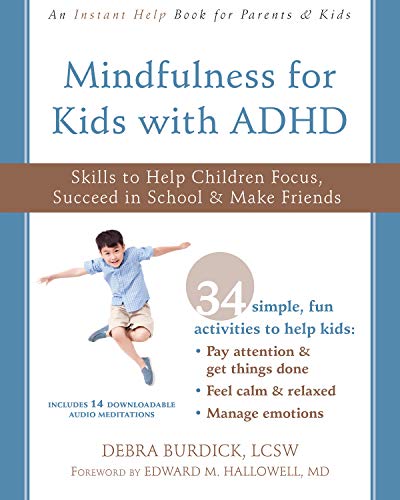
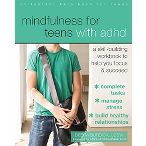
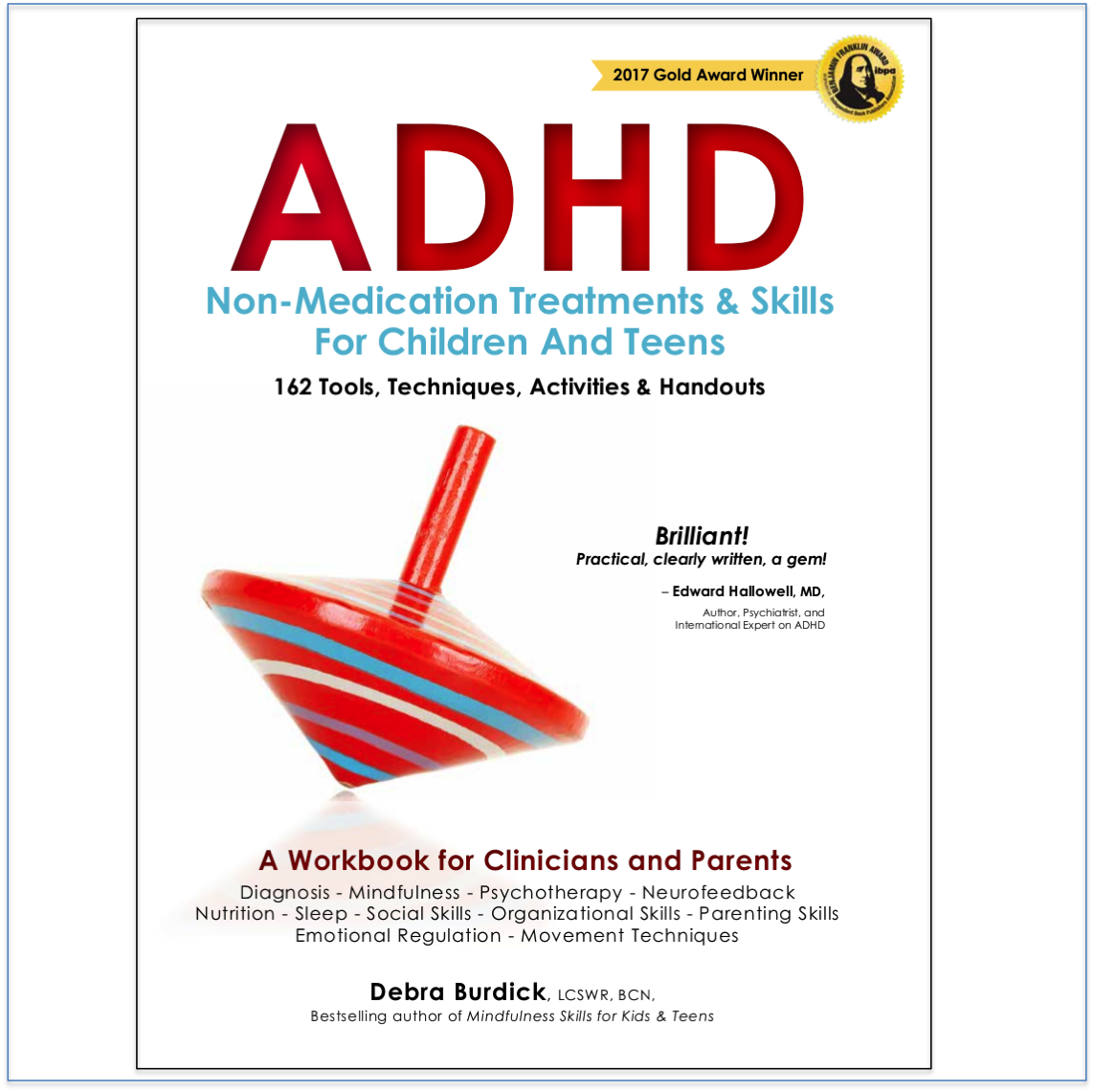
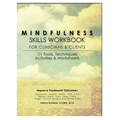
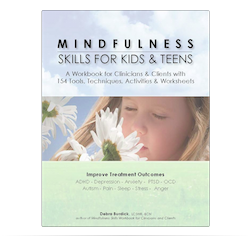

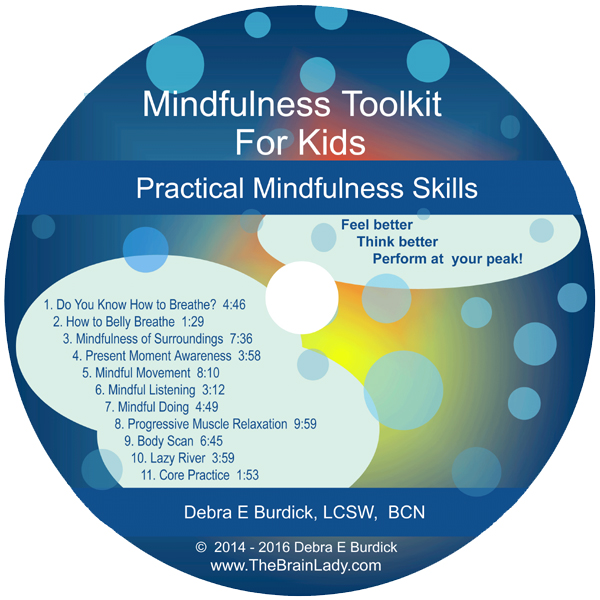
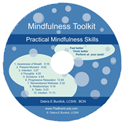
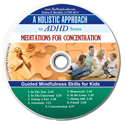
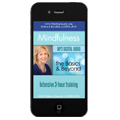
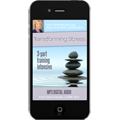
4 comments
Similar to most post traumatic brain injury (TBI) survivors, depression dogged my steps, even after the diagnosis, more than a year later. I only began to think, dream, image, after supplying my brain with a cocktail of neurotransmitters, 3 years after the last hit. Now I’m exercising, following nutrition advice, had years of counseling and 18 months of neurofeedback weekly treatments, and can feel it lifting after weeks of low energy. Many things can trigger, especially health problems and infections.
Thanks for sharing your experience. I am so glad you found some relief. Sounds like you are on the right track with neurofeedback, nutrition and exercise. TBI can have such ‘hidden’ symptoms that the traditional medical community is ill-equipped to help with. And yes, so many things can trigger depression. But the good news is that there are many ways to improve symptoms above and beyond medications.
There was a time that I was in depression and I knew not how to get out of it. Then, I met with a fellow who told me, “You cannot get rid of your situation until you talk about it.” Talking about what depressed me definitely got me over the worst of it.
But I can really relate to your step about changing the channel. Last year I spent a large chunk of my earnings to get some professional counseling. It was with that counselor that I was taught to “change my settings of receiving”. I literally had to filter every single person to determine whether their input into my life was of good to build me up, bad to tear me down, or neutral to neither build or tear but hold me in my place and allow no type of moving forward.
Thanks for sharing your experience, Mr. Z. Yes, being in a negative environment or around negative or toxic people can have such an impact on us. Glad to hear you found the help you needed to move out of depression.
The comments are closed.